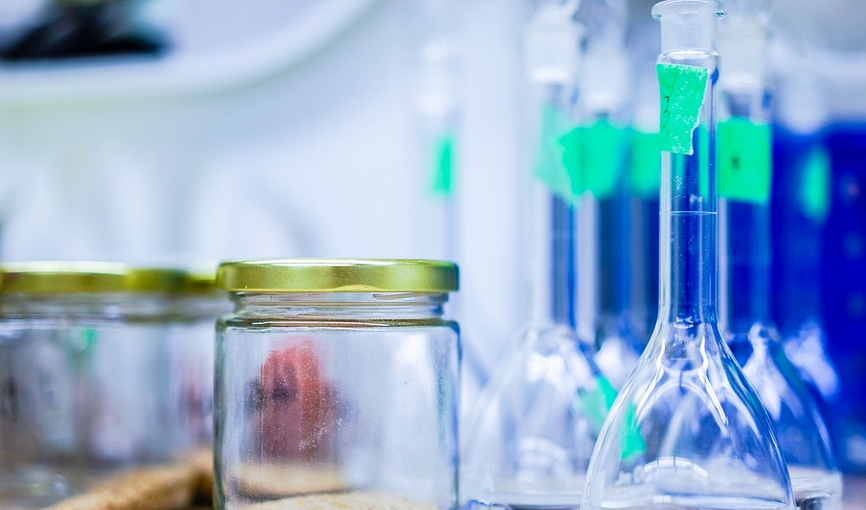The Rise of Sodium Laureth Sulfate
Sodium Laureth Sulfate (SLES) has become a common ingredient in many personal care products, from shampoos to body washes. It is a surfactant, meaning it helps to create lather and remove dirt and oil from the skin and hair. However, in recent years, there have been concerns about the safety of SLES.
The Controversy Surrounding SLES
There are some who believe that SLES is a harmful ingredient that should be avoided at all costs. They claim that it can cause skin irritation, damage to the hair, and even cancer. On the other hand, there are those who argue that SLES is perfectly safe to use and that the claims against it are overstated.
The Truth About SLES
So, what is the truth about SLES? The reality is that there is no clear consensus on whether or not it is safe. While some studies have suggested that it can cause irritation and damage, others have found no significant negative effects.
The Role of Concentration
One key factor to consider when assessing the safety of SLES is its concentration. At low concentrations, it is generally considered to be safe. However, at higher concentrations, it may be more likely to cause irritation or other negative effects.
The Importance of Personal Choice
Ultimately, the decision of whether or not to use products containing SLES is a personal one. Some people may find that it works well for them and causes no issues, while others may experience negative effects. It is important to pay attention to your own body and make choices based on what works best for you.
Alternatives to SLES
For those who do wish to avoid SLES, there are a number of alternative ingredients that can be used. These include natural surfactants such as coconut oil or castile soap, as well as synthetic alternatives like sodium lauryl sulfoacetate (SLSA) or cocamidopropyl betaine.
The Bottom Line
In the end, the safety of SLES remains a topic of debate. While some studies suggest that it may be harmful, others have found no significant negative effects. Ultimately, the choice of whether or not to use products containing SLES is a personal one, and each individual should make decisions based on their own experiences and preferences.

